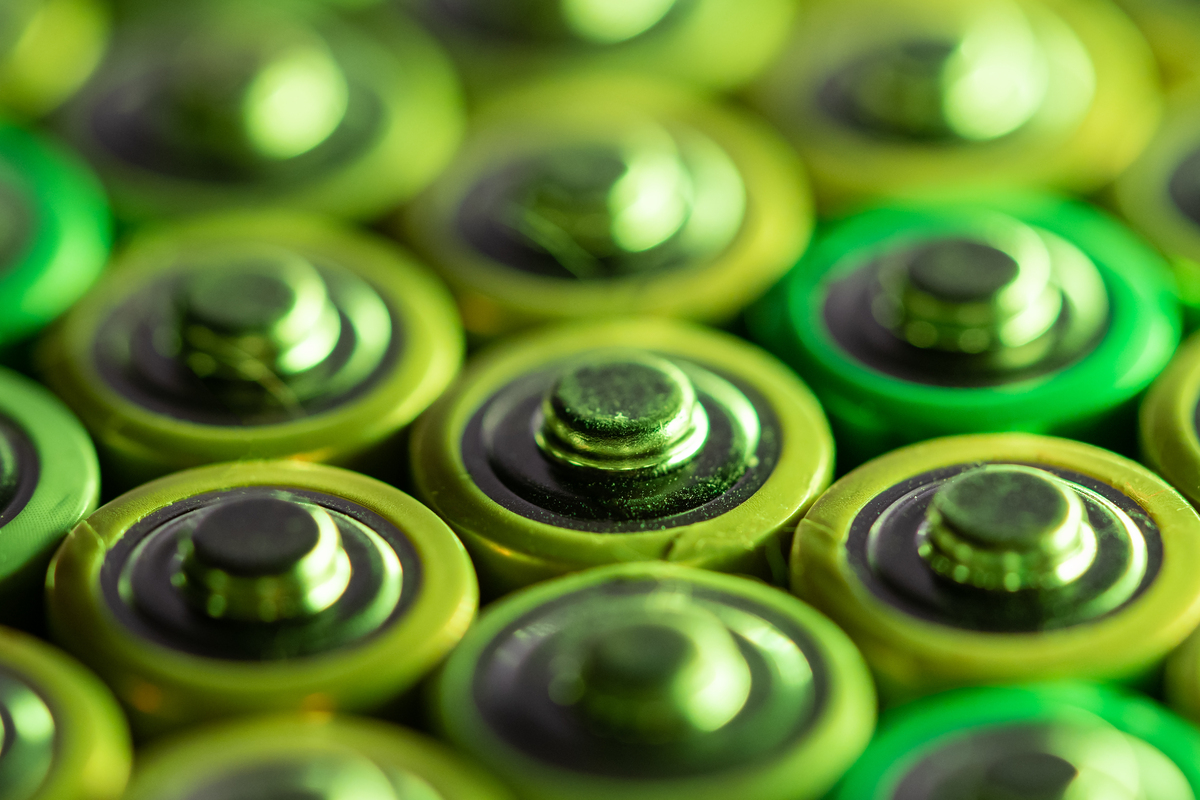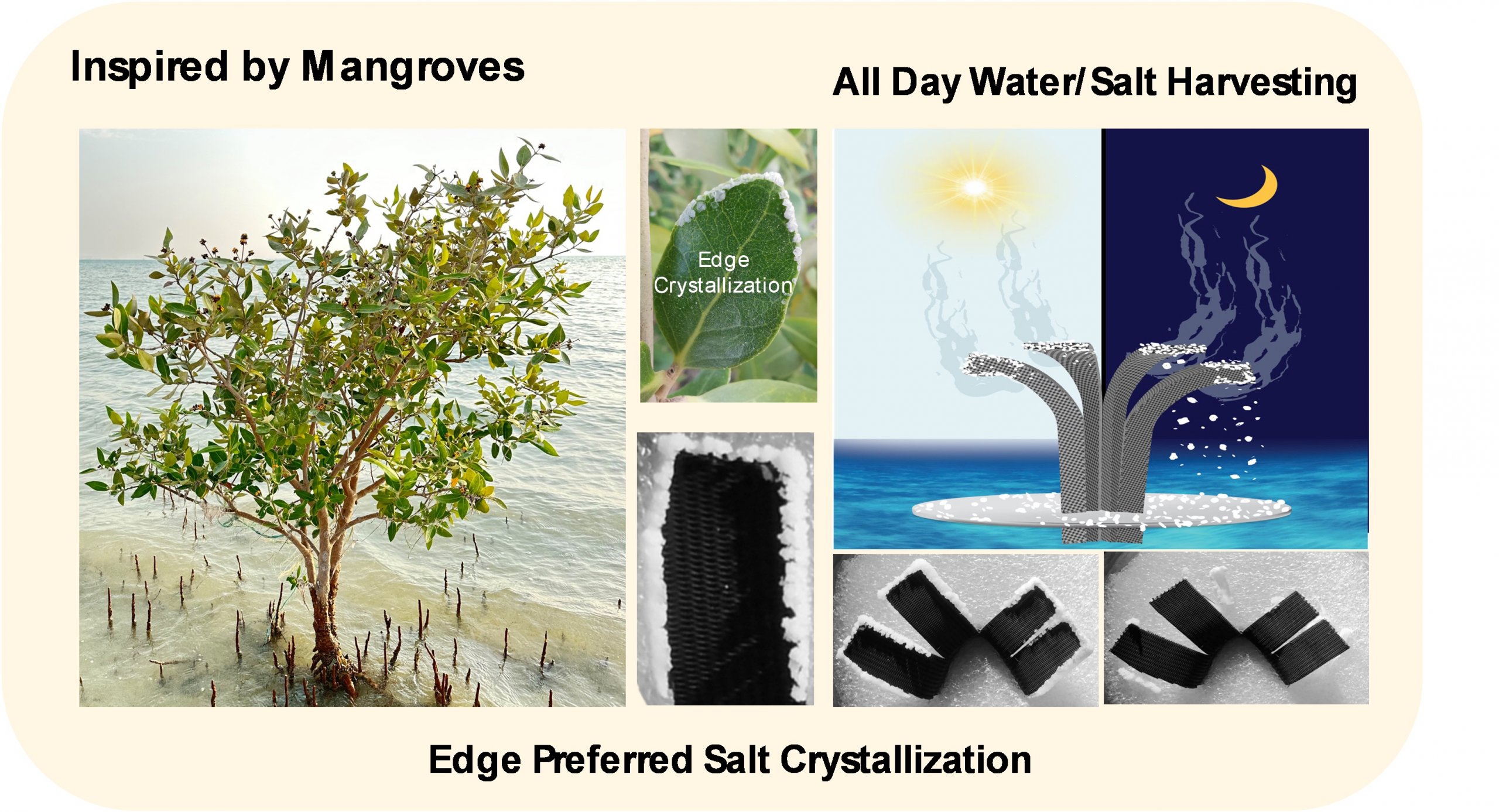
A four-member team of researchers from Khalifa University’s System-on-Chip Center (SoCC) – Dr. Hani Saleh, Dr. Baker Mohammad, Dr. Mahmoud Al Qutayri, and Dr. Yousuf Al Salami – was one of two teams from 17 applicants to be awarded a research grant by the Dubai Electronic Security Center (DESC).
Their research proposal titled ‘Energy Efficient Secure IoT Hardware for Smart Cities’ aims to secure the millions of devices that will be connected throughout the Internet of Things (IoT) – an essential component of ‘Smart Cities’ and central part of the UAE’s economic development.
Smart cities are a necessary evolution in urban areas witnessing population growth, economic development, and concerns for health and climate. The technologies for smart cities are now in practice due to research and innovation in hardware, software, the electric grid, and communication networks. Through using IoT technology and data analytics, smart cities will create efficiencies in economy and energy by improving sustainability through better urban planning and a smarter energy infrastructure, inevitably enhancing quality of life for people living and working in cities.
“The role of Smart Cities is to facilitate energy efficiency and cost saving by helping the government make critical decisions and affect the well-being of humans, therefore, the security of IoT devices as they process and exchange data plays a major role in securing the future smart cities. Secure, robust, and reliable IoT devices and networks are essential to viably deliver the services and results that smart cities are intended to, for the UAE, and beyond”, said Dr. Baker Mohammad, Director of the System-on-Chip Center & Associate Professor Electrical and Computer Engineering Department.
Research on the security of IoT devices and networks tends to focus on encryption processors, side-channel attacks, and hardware anti-tampering. KU’s research team will pursue an integrated approach to securing IoT hardware: the efficient hardware integrated implementation of a cryptographic processor, physical unclonable function, side channel attack resistance scheme, and logic obfuscation technique. The energy efficient integrated implementation will reduce the required chip area and computational complexity of the said security elements, which are important elements to achieve small size and cost effective devices.
The project will include an in-depth critical review of IoT hardware security schemes and implementations in order to produce optimal security schemes which will be implemented on a Field Programmable Gate Array device. This will enable quick evaluation of the prototype system as various security schemes are developed. The main outcome of the research project will be the optimal implementation of security elements in hardware to secure IoT devices, and demonstrating and evaluating the performance of the hardware’s secured system.
Khalifa University’s SoCC was awarded two other research grants in 2019 for their innovative vision, efforts, and proposals: The Abu Dhabi Department of Education and Knowledge (ADEK) awarded KU’s SoCC a grant for their research on RRAM Based Computational Intelligence Hardware for IoT and the UAE Space Agency awarded a grant for the second-phase of research on Ultra-Low Power Radiation Detectors for Satellite Electronic Dosimetry. The SoCC’s research on RRAM Based Computational Intelligence Hardware for IoT seeks to reduce the current energy consumption during memory access, greater than 65%, to Near-Zero through emerging memristor technology, while research under the UAE Space Agency’s sponsorship will produce radiation sensors for use in outer space that operate on less than 1/10th the normal voltage.
“Special thanks to the UAE government for the vision, innovation initiatives, and support for the research we do, as well as to the excellent support we received from the KU research office, KU researchers, and students at our center. It has been an exciting year and we are looking forward to the delivery to all these projects”, Dr. Baker.
Zaman Khan
News and Features Writer
26 February 2019






